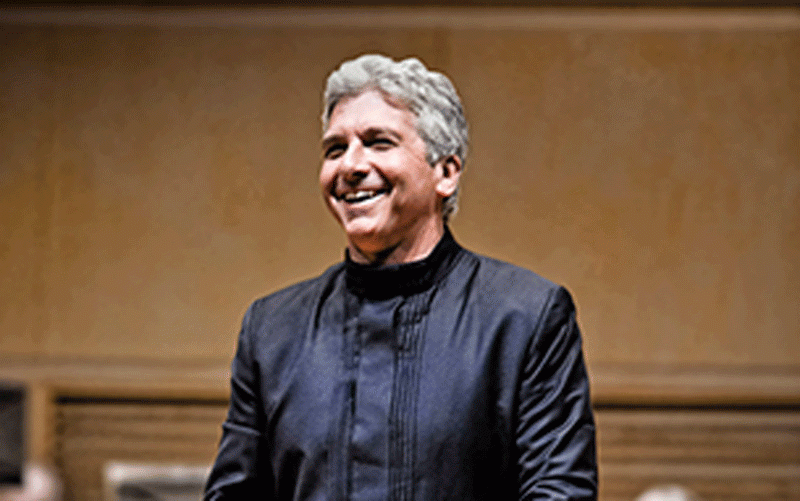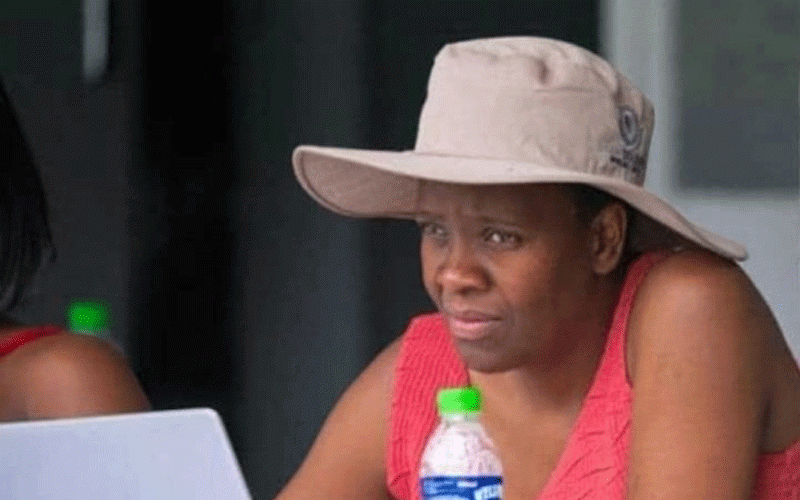
The snake is said to be the fastest in the world, capable of moving at 4,32 to 5,4 metres per second.
Those who had the privilege to watch local football in the early to late 1970’s had their own version of a “black mamba”, whose predatory instincts in the “jungles” of local stadiums made him a menace to many a defender.
Born Chita Antonio in Mozambique 63 years ago, his family migrated to the then Salisbury (Harare) when he was three. The man the fans likened to the venomous snake owing to his predatory instincts inside the box and his fighting spirit that saw him losing two of his front teeth in one of the league games, won a number of medals.
The Black Mamba struck with precision, helping various clubs win medals such as the league championship, Chibuku Trophy, Nyore Nyore Trophy, Castle Cup (both as player and assistant coach).
Many fans would reckon that he, together with Freddy Mkwesha, Peter Nyama, Shakeman Tauro and Gift “Ghetto” Mpariwa, are some of the best strikers to ever have been produced in the land.
To the uninitiated, the Black Mamba started his career at a very tender age of 14 at Mbare’s Stodart Boys Club at the insistence of his best friend, the late Shaw Handriade who later became one of the finest players in the land.
“I then left for Mai Misodzi Boys Club in 1965 after being promised prospects of later joining my favourite team Dynamos, which I later did in 1970,” he said.The strong desire to play first team football saw him joining third tier club Ninfa Rovers the following year, but was on the road again for his first test of Premiership football at Metal Box in 1972.
- Chamisa under fire over US$120K donation
- Mavhunga puts DeMbare into Chibuku quarterfinals
- Pension funds bet on Cabora Bassa oilfields
- Councils defy govt fire tender directive
Keep Reading
“I remember playing in the same team with Sunday Chidzambwa (then Marimo) at Metal Box in 1973 and we won the championship. I was the top goal scorer with 24 goals.
“I was also a Soccer Star of the Year finalist and I still feel that I could have been the Soccer Star of the Year ahead of Ernest Kamba,” he said. The following season saw him joining Mashonaland United (Zimbabwe Saints) after being lured by then chairman Reuben Zemura.
“At Chauya Chikwata, I helped the team win the 1974 Nyore Nyore Cup and the Chibuku Trophy. We also won the 1977 League Championships as well as the 1977 Castle Cup, atoning for our loss to Dynamos in the previous year.
“There were very good players at Chauya Chikwata. Talk of Gibson ‘Homeboy’ Homela, Andrew ‘Amai Maria’ Kadengu, Steve Kwashi and Ebson ‘Sugar’ Muguyo. Saints used to loan me and Muguyo to South Africa’s Orlando Pirates and Kaizer Chiefs respectively. I remember playing alongside the great Jomo Sono and Shakes Mashaba at Pirates,” he said.
Asked about allegations that he used juju to score goals and he stopped playing after his boots were stolen, Antonio frowned as if he was recalling a very painful past event.
“A lot happens in football my son. One can trick you by showing you mere leaves. It was just hard work without juju at all. Back then, they would choose the best player for each position on the calendar. I was born a winner and every season I would strive to beat Peter Nyama and that became my motivating factor.
“I never wanted to lose and that is something I saw in Norman Mapeza when I was an assistant coach to Wieslaw Grabowski at Darryn T. Together with my son Felix, Lloyd Chitembwe, Edelbert Dinha, Stewart Murisa and Alois Bunjira, they were very hardworking players. That is why we won the 1992 Castle Cup,” he said. The players later formed the bedrock of the 1996 all conquering CAPS United squad.
However, today, though he cuts that figure of a man who has everything under control, he is a tormented person. “I would want to coach a Premiership team club but I will never achieve that because I only have a Level One coaching certificate.
“One has to be in possession of a Level Three certificate to coach in the league. I am not employed so I cannot afford money to further my coaching studies. “I will take solace in producing junior players as I currently do at Kuwadzana Seven Primary School. I hope one day Premiership teams would have junior teams competing as was the case during our time,” he said with a tear flashing in his eyes.











